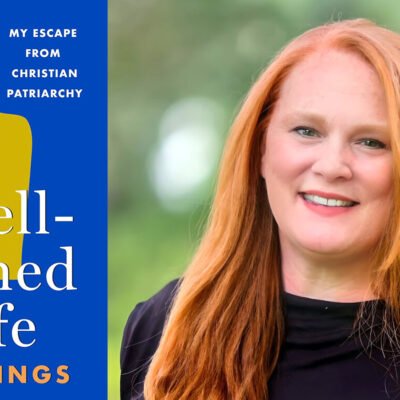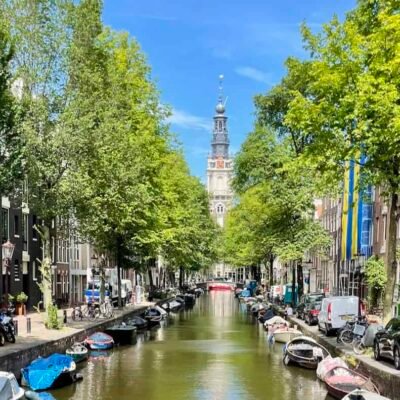Jennifer Schaupp: It sounds like there’s some entertainment value that you see TO can bring. How can the fun be integrated into the serious intentions of TO?
Felicia Owusu-Ansah: TO is intense and serious because we are trying to find solutions, but you have to make it fun for the people to enjoy it. And I always liken it to some cough mixtures which are tasty, and so the kid will easily take it, but it does wonders in the kid—healing takes place. And that is how I treat my TO projects. I make sure it’s fun. I surely incorporate the traditions, norms, and games of the community into it so they identify with it, they own it, and it becomes like their baby—something that even when they sleep, they wish that the next day comes fast for them to attend rehearsals.
I always try to make it practical as it can be, but fun with their own community gimmicks, their culture, and their games especially. And when adults come and they play, sometimes children’s games, it’s so fun that after every game, whether it is their traditional game or it is a TO game, we discuss “What do you find in this game? What is your experience and the wisdom you find within the game? What does it give you?”
And when they can express themselves this way, it’s like they always want to participate. And when you are done with the project, they are asking when you are coming again. So even though they have not practiced theatre before, they are able to conduct things so well for a successful production.
Jennifer Schaupp: I can tell there’s a feeling of joy that you get from seeing others do TO and teaching, but how do you care for yourself in the process? Because sometimes it can be easy to focus on everyone else, and I just wonder how you make time for that, especially in an age when we’re talking a lot about self-care and mental health.
The joy and solace I obtain from doing what I love to do, engendering revolution and transformation among the vulnerable, compares to nothing else.
Felicia Owusu-Ansah: Yes. Sometimes after going through all this and I return home and I see I have so much to do again—that is when devastation sets in. So once in a while after the production, after everything is done, I come home, and I don’t go out for two days to rest as I reminisce on the work done and to think through what’s next that I have to do.
But I think what helps me is that I try to enjoy my projects and make them feel like I have taken some kind of vacation. Because many a time, I move into the community and stay with them. And what is interesting about it is what you see in the community, let’s say in the villages especially, you may not have internet, your telephone might not work as it would work in the city. A lot of things are very different; people go to farm and sometimes I go with them, and there is a total difference in the daily routine.



